By Cece Buckley | Senior Investigative journalist – Global Lobbying Watch June 2025 – Washington, D.C. | Brussels | Yaoundé | Buea
*Executive Summary*
Between 2017 and 2021, four powerful U.S.-based public relations and lobbying firms—Squire Patton Boggs, Mercury Public Affairs, Glover Park Group, and Clout Public Affairs—quietly earned millions of dollars from the government of Paul Biya, Cameroon’s long-ruling autocrat. Their mission: to rebrand a genocidal dictatorship as a democratic partner of the West.
This investigation, based on FARA filings, leaked communications, interviews, and reporting from Mondiaal Nieuws and Chapter 24 of The Cameroon Peace Project, uncovers how these firms orchestrated a transnational deception campaign. The campaign succeeded in shielding Biya’s regime from scrutiny, whitewashing war crimes, and marginalizing victims of the Southern Cameroons genocide—all while U.S. taxpayer dollars continued to support Biya’s military.
1. The Clients and the Cash: A Timeline of Lobbying for Paul Biya
Firm Contract Period Amount Received Role
Squire Patton Boggs 2017–2019 ~$1 million Legal/lobbying for diplomatic relations and congressional influence
Mercury Public Affairs 2018–2020 ~$1.2 million Narrative control, media PR, and policymaker outreach
Glover Park Group 2018–2020 ~$600,000 (est.) Media placement, white papers, think tank lobbying
Clout Public Affairs 2018–2020 ~$660,000 (est.) Grassroots astroturfing and conservative media targeting
These firms were not simply hired to promote tourism or trade. They were strategically engaged to delegitimize credible reports of mass atrocities—including mass killings, village burnings, and systemic rape in the Anglophone regions.
2. Whitewashing a Genocide: The Playbook
Through analysis of press releases, op-eds, and Congressional briefings tied to lobbying disclosures, the following methods were deployed:
a. Obfuscation and “Bothsidesism”
Framed the war in Ambazonia as a “conflict between separatists and government forces,” obscuring state-sponsored atrocities.
Equated community-based resistance with terrorism, using U.S. post-9/11 fear language.
b. Promoting a “Reformist Biya”
Positioned Biya as an elder statesman committed to decentralization and dialogue—despite overseeing mass repression.
Promoted the 2019 Major National Dialogue as a democratic milestone, ignoring its scripted nature and the exclusion of real Ambazonian leaders.
c. Silencing the Diaspora
Targeted Ambazonian activists in the U.S. and Europe as “radicals,” portraying diaspora organizing as destabilizing.
Some PR campaigns included surveillance of community events and reporting back to Cameroonian intelligence.
3. Influence Operations in U.S. Policy Circles
Lobbying firm documents show meetings were arranged with:
Congressional staffers on the Senate Foreign Relations Committee
Africa policy advisers in the State Department
Think tanks such as the Atlantic Council and CSIS
Media briefings pitched to outlets like Politico, The Hill, and Foreign Policy
These engagements coincided with:
Delays in sanctions against Cameroonian generals
Ongoing U.S. military cooperation, including counterterrorism aid
Diplomatic visits that avoided the Anglophone crisis altogether
Even during the Biden administration, which pledged a values-based foreign policy, these PR efforts helped sustain a diplomatic blind spot around Southern Cameroons.
4. The Genocide They Erased
While Biya’s U.S. lobbyists dined in Georgetown and briefed policymakers, thousands of civilians were slaughtered in the towns of Ngarbuh, Kumba, and Bamenda.
Over 3,000 civilians killed between 2017 and 2021 (UN estimates, underreported).
Hundreds of villages razed by Biya’s Rapid Intervention Battalion (BIR).
Systemic rape, torture, and displacement affecting over 1.1 million Southern Cameroonians.
Yet lobbyist messaging deliberately erased these realities. Media coverage between 2020–2022 on Cameroon in major U.S. outlets dropped by more than 60%, despite escalating atrocities—partly thanks to “narrative suppression” campaigns.
5. Accountability and Exposure
The Mondiaal Nieuws exposé in November 2020 was one of the first to connect the dots publicly. Chapter 24 of The Cameroon Peace Project titled “TOK TRU: The Lobby Arm of Genocide” traces how Biya’s regime outsourced propaganda to Washington, D.C.
Some of the most damning lines from leaked Mercury memos include:
“Neutralizing negative perceptions from Amnesty and Human Rights Watch must remain a top priority for Q4.”
“Frame Biya as Africa’s Macron—stability and reform in one package.”
“Minimize diaspora disruption by shifting coverage to Boko Haram threats in the north.”
6. The Cost of Silence
The lobbying campaign cost Cameroon’s treasury over $3.2 million—money that could have been spent on rebuilding schools, hospitals, or displaced communities.
Instead, it went into narrative laundering.
And the cost to human life? Immeasurable.
7. Conclusion: Lobbying for Blood
This is not just a tale of image management—it is a story of complicity. While Southern Cameroonians bled in silence, D.C. firms profited from rewriting the script. As long as Western democracies allow authoritarian regimes to buy influence, no genocide will ever lack a lobbyist.
Recommendations:
Congressional Hearings on U.S. lobbying firms representing authoritarian regimes.
Immediate sanctions on individuals and firms who knowingly distorted human rights reports.
Public apologies from PR firms involved and reparations to victims.
Support for independent media and Southern Cameroonian civil society to tell their own story.
Appendices (available upon request):
FARA filing summaries
Leaked Mercury/Glover Park internal memos
Timeline of U.S. media coverage drop vs. PR campaigns
Testimonies from diaspora and survivors
Cece Buckley













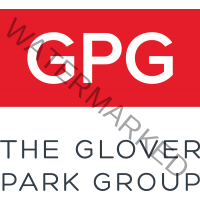
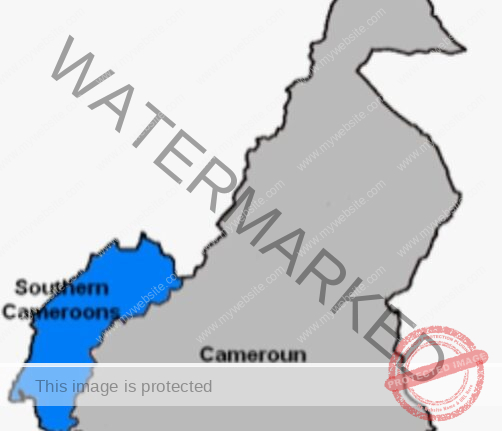


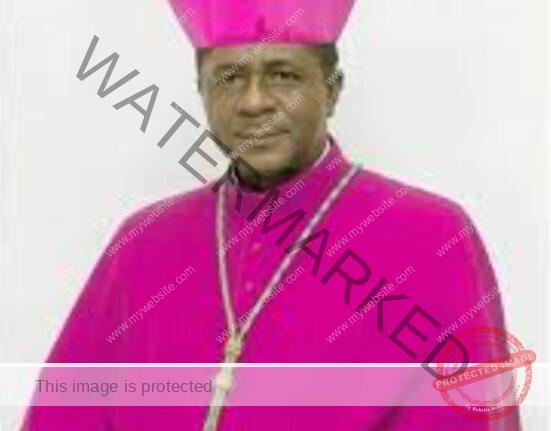
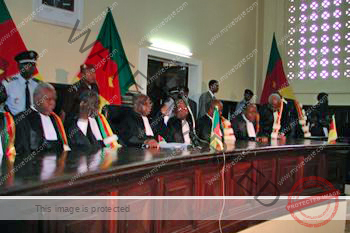
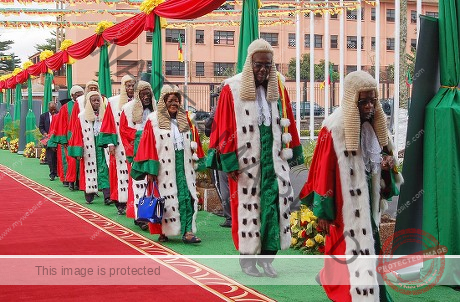

Leave feedback about this